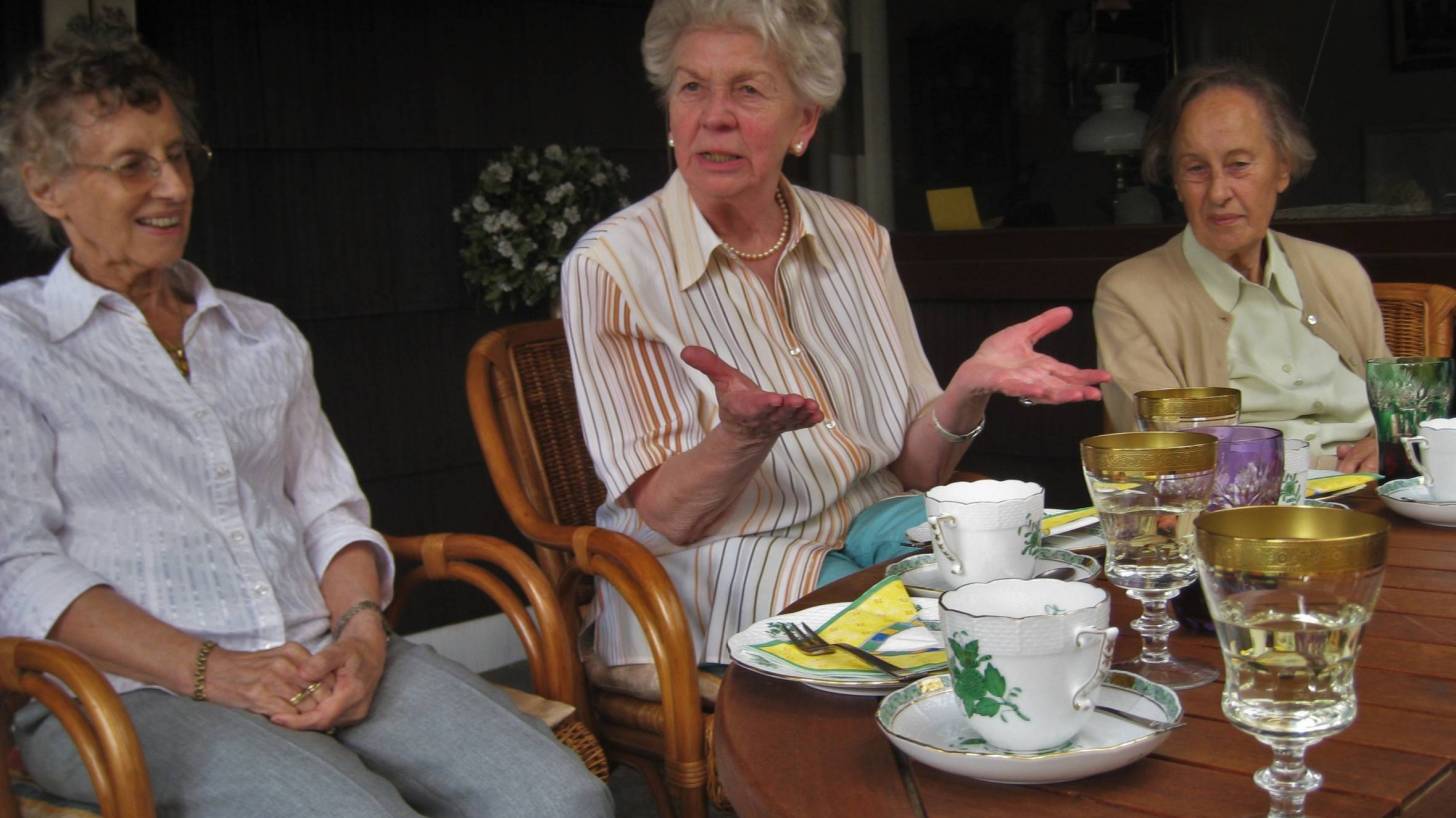High-Dose Flu Shot 30% More Effective at Reducing Senior Hospitalizations

It has been recognized for many years that people 65 years and older are at greater risk of serious complications from the flu because human immune defenses become weaker with age.
Seniors with weaker immune systems often have a lower protective immune response after flu vaccination compared to younger, healthier people, says the Centers for Disease Control and Prevention (CDC).
This can make seniors more susceptible to the influenza virus.
But, which flu vaccine, high-dose or standard-dose, is best for seniors?
A new study says that the high-dose influenza vaccine was 30.7 percent more effective in preventing flu-related, senior hospitalizations.
To compare 2 types of senior-recommended flu vaccines, these researchers from the Oregon Public Health Division assessed senior high-dose (HD) vaccine effectiveness (VE) against influenza-related hospitalization by linking immunization registry records to hospitalization data sets.
For the 2016–17 influenza season in the Portland, Oregon metropolitan area, the differential VE for the HD vaccine in preventing confirmed influenza hospitalization was assessed by a series of models across matching data.
For an exact match for high-dose and standard-dose (SD) seniors, matching elements included exact age, gender, residence type, race-ethnicity, provider bias, and residence zip code.
As the first step in this study, a simple aggregate comparison of influenza-related hospitalization risk showed no added HD effectiveness.
However, in the final model, among 23,712 matched pairs of HD to SD vaccinated seniors, the HD vaccine was reported to be 30.7% more effective in preventing influenza-related hospitalization.
This Oregon research team suggested that future flu vaccine VE studies include matching factors that reflect local geographic areas, age, and other potential provider biases.
"As a caution, calculating vaccine effectiveness based on aggregate, non-matched methods from large datasets likely will produce distorted results and should be avoided," the researcher authors said.
The “high dose vaccine” contains 4 times the amount of antigen as a regular flu shot, and has been approved for use in the United States since 2009.
Additionally, seniors over 65 years of age should also be up to date with pneumococcal vaccination to protect against pneumococcal diseases, such as pneumonia, meningitis, and bloodstream infections says the CDC.
“The results of this study provide evidence for the way pharmacists are currently practicing. It is important to use the high-dose flu vaccine for its recommended patient population,” said Hunter Dean, Pharm.D Candidate 2019, University of Louisiana at Monroe College of Pharmacy.
“However, it is also important to remember, that the CDC does not recommend one vaccine over another, and patients should get vaccinated when there is an opportunity."
"Even if the high-dose flu vaccine is not available, seniors should still get their annual flu shot,” Dean said.
Most pharmacies in the USA offer several FDA approved flu and pneumococcal vaccines.
The CDC Vaccine Price List provides the private sector prices for general information.
Flu vaccine discounts can be found here.
Vaccines, like any medicine, can have side effects. You are encouraged to report negative side effects of vaccines to the FDA or CDC.
Our Trust Standards: Medical Advisory Committee
- Assessing the effectiveness of high-dose influenza vaccine in preventing hospitalization among seniors, and observations
- People 65 Years and Older & Influenza
- Evaluation of influenza vaccine effectiveness
- Comparative Effectiveness of High-Dose Versus Standard-Dose Influenza Vaccines Among US Medicare Beneficiaries

























